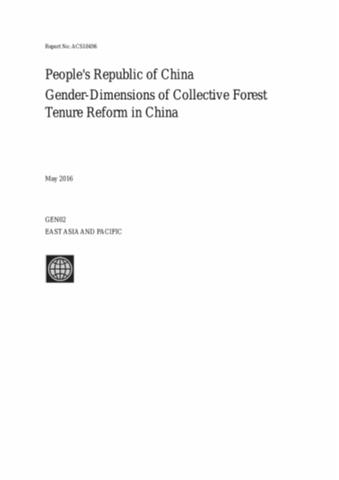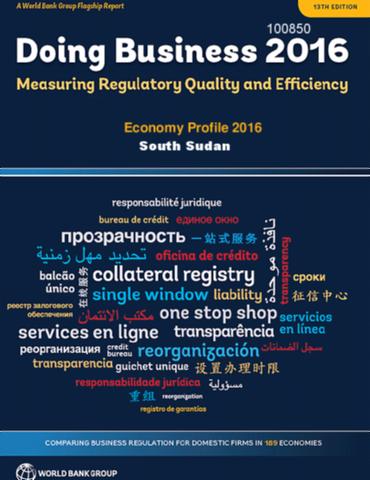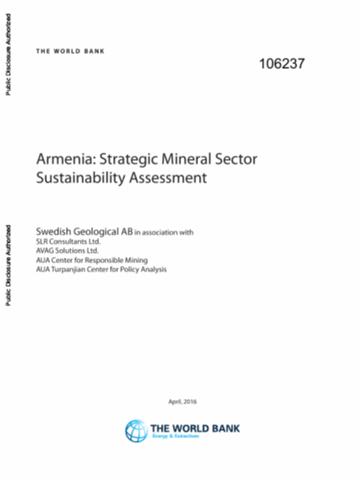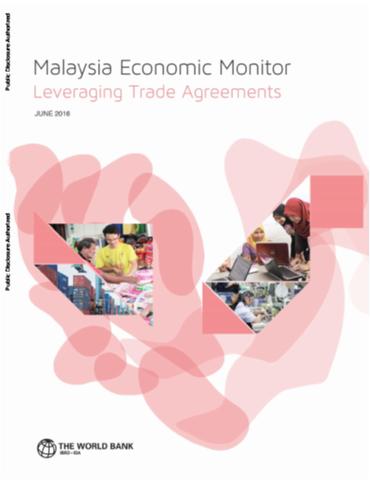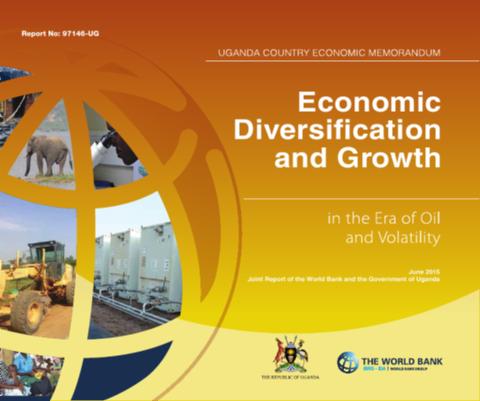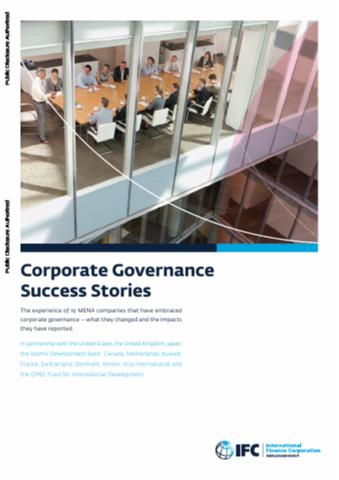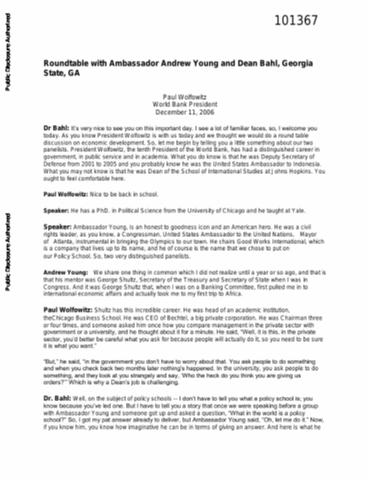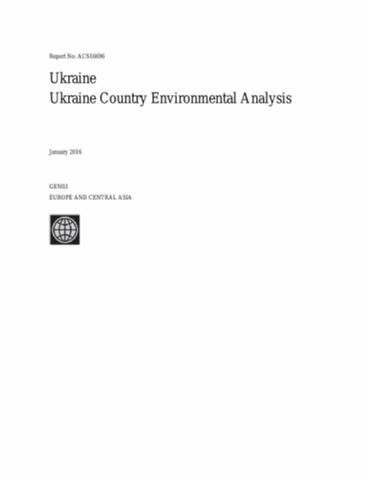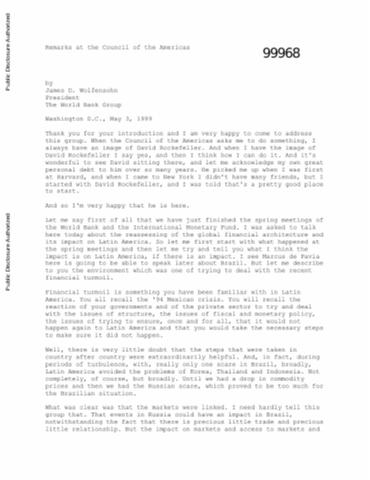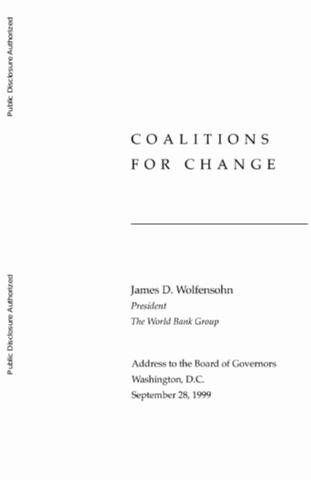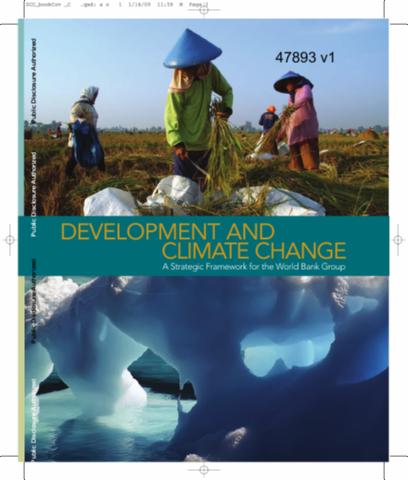Gender-Dimensions of Collective Forest Tenure Reform in China
The reform of China's collectively owned forest land, began in 2008, is arguably the largest land-reform undertaking in modern times in terms of area and people affected. Under the reform, forest lands have been contracted to rural households, allowing them more independence in exercising their rights and interests in the forest lands, giving them more opportunities to improve family incomes, and creating incentives for them to cultivate, conserve, and manage forests. These lands are home to some 610 million people, many of them poor.

